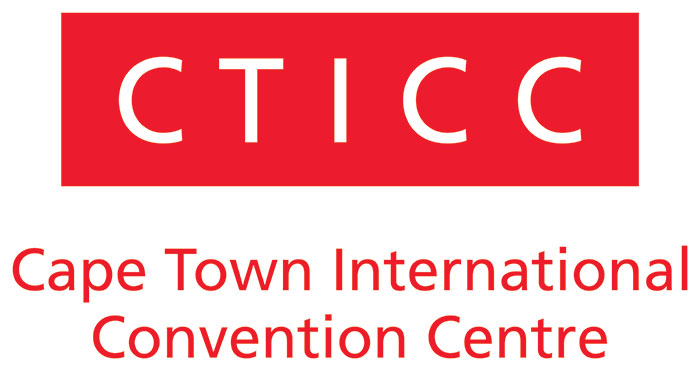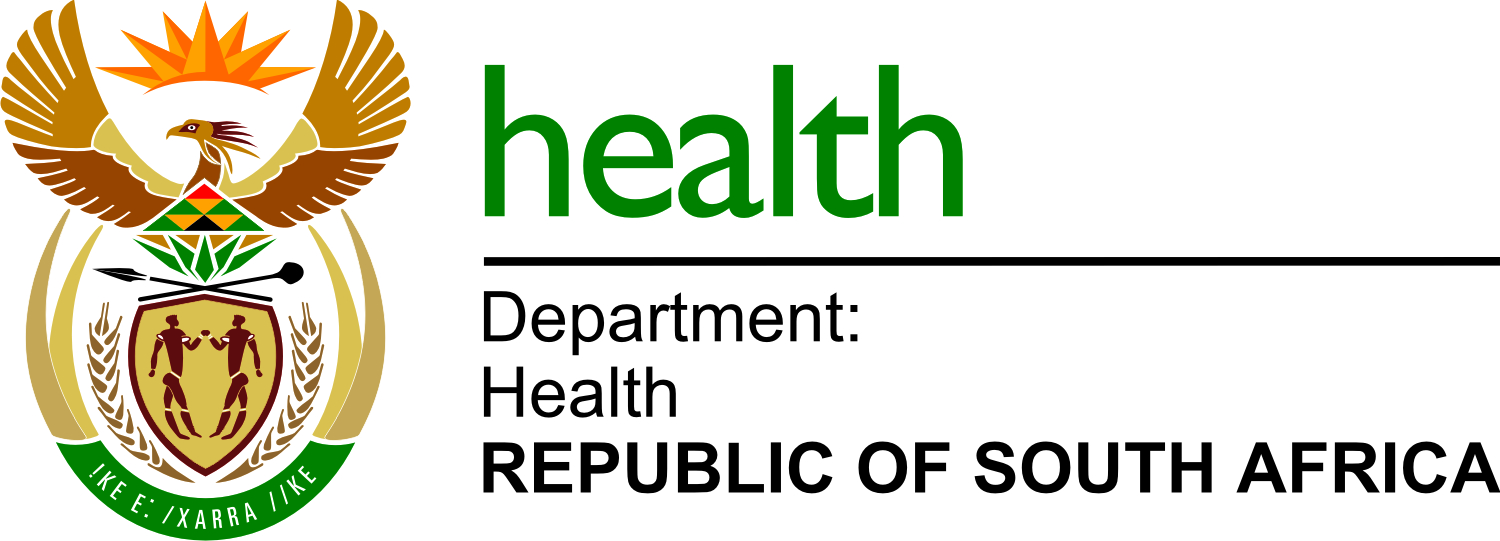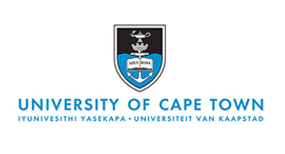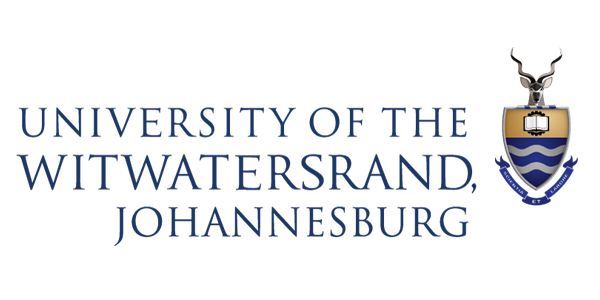Food service professionals have the significant task of appealing to guests’ varied preferences while providing nourishing, delicious meals that help people eat better.
HEALTH: Nutrition experts around the world advocate eating more fruits, vegetables, and whole grains to improve overall health and prevent disease. South Africa is undergoing a “nutrition transition,” shifting from a traditional diet to a more Westernized one with greater fat and sugar intake, often with a significant increase in animal products. These changes are linked with increases in weight. In South Africa, nearly 30 percent of men and 56 percent of women are either overweight or obese, says the Medical Research Council (MRC).
The World Health Organization (WHO) cautions, “growing rates of overweight and obesity worldwide are linked to a rise in chronic diseases such as cancer, cardiovascular disease and diabetes – conditions that are life-threatening and very difficult to treat in places with limited resources and already overburdened health systems.” Luckily, studies show that many of these chronic diseases can be prevented, treated, and in some cases reversed with a plant-based diet.
“There is no question that largely vegetarian diets are as healthy as you can get. The evidence is so strong and overwhelming and produced over such a long period of time that it’s no longer debatable.” – Marion Nestle, chair of the nutrition department at New York University.
WELLBEING: Recent findings suggest eating Green could boost happiness. In a study of over 80,000 people, researchers “found evidence for the existence of a positive association between well-being and fruit-and-vegetable consumption.” The paper concluded that well-being peaks at seven daily servings!
ANTIBIOTIC RESISTANCE: A study in the Journal of the South African Veterinary Association found that 68.5% of all antibiotics in South Africa are put in animal feed. Giving anti-microbials to animals used for food has the “potential to accelerate the emergence of resistance bacteria in the animals concerned that can then infect humans, through contact or via the food chain.”
ANIMAL WELFARE: Approximately 77 billion land animals are raised every year for human consumption. According to the FAO, more than one billion animals were slaughtered in 2013 in South Africa alone!
The majority of the chicken, meat and eggs produced in South Africa come from animals intensively confined in factory farms, their lives bearing no resemblance to the way most of us envision farm life. In South Africa, 95% of our egg-laying hens and over 30% of our breeding sows (mother pigs that produce piglets for the pig industry) are confined for nearly their whole lives in small cages where they can barely move.
Eating plant-based on a Green Monday helps to reduce demand for animal products, which results in fewer animals enduring a life of extreme confinement.
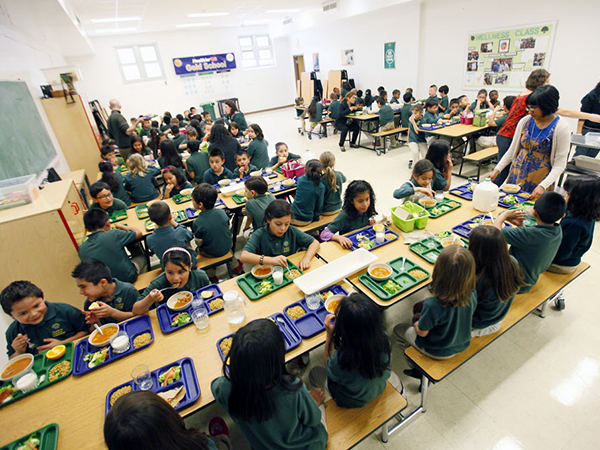
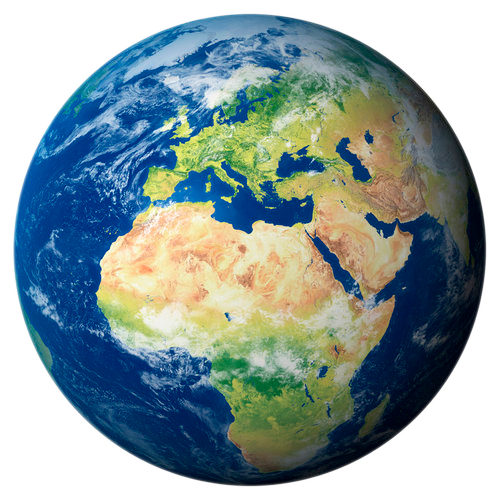
ENVIRONMENT: According to the FAO, animal agriculture is “one of the top two or three most significant contributors to the most serious environmental problems, at every scale from local to global.”
Worldwide, we use more land to raise and feed farm animals than for any other single purpose. More than 97 percent of soy meal and more than 60 percent of the barley and corn produced globally are fed to farm animals.
Farm animal production is responsible for the degradation of approximately one-fifth of global pastures and range lands. Land degradation can have a profound impact on our ability to sustain the planet’s vital natural resources, including shrinking water supplies and the loss of plant and animal species.
The farm animal sector contributes to depleting South Africa’s scarce water resources. This year, South Africa faced its worst drought yet, forcing citizens to implement extreme measures to save every last drop. According to the Department of Water and Environmental Affairs, the demand for water in the whole of South Africa will be outstripped by 2025. 60% of our water supply is used for agricultural use, including animal agriculture. The industry needs water for the growing of animal feed, cleaning housing enclosures, hydrating the animals, disposing their waste and for disinfecting slaughtering equipment. Amazingly, it takes over 4,000 liters of water to produce a kilogram of chicken meat! One easy and delicious way for South Africans to save water is to reduce meat intake and consume more plant-based meals. Producing plants is much more sustainable for our environment as it requires less water use.
Experts agree
Our diets have been focused too heavily on meat and not enough on plant proteins. Forward Food is a way to begin to balance the scales by giving plant-based foods a more prominent place on today’s plate.

